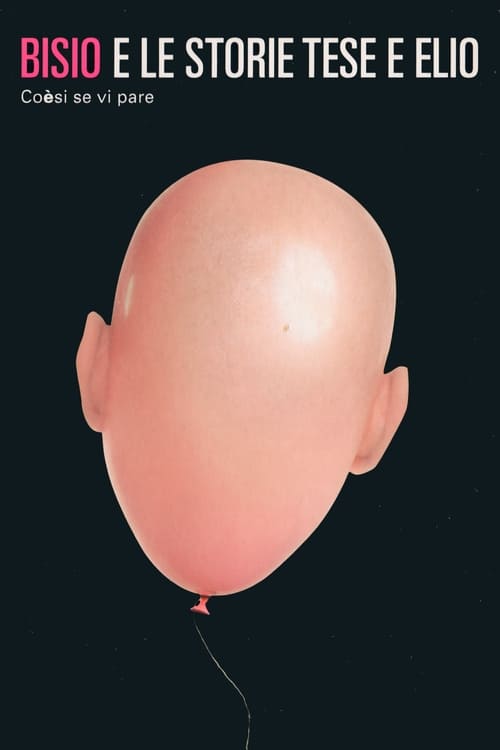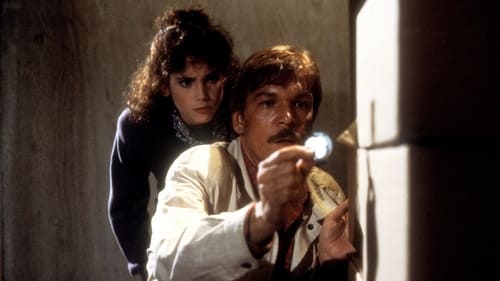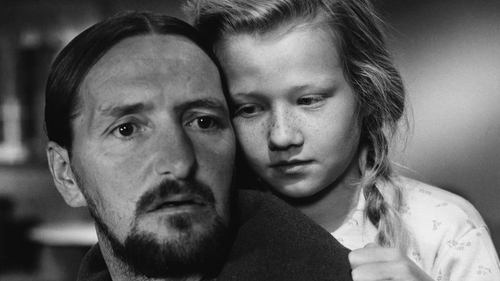Informações
Sinopse:
Duração: 00h00m
Data de lançamento: 01 de novembro de 2006
Genêros: Música.
(2 votos)
?
?

Sinopse:
Duração: 00h00m
Data de lançamento: 01 de novembro de 2006
Genêros: Música.

Uma investigação única e pessoal de um crime real a história de um dos maiores golpistas da última década, um jovem empreendedor em ascensão, agora preso por enganar uma geração com um golpe digital que foi fenômeno global e que chocou o mundo o Fyre Festival. O documentário é contado através de uma narrativa dramática e o processo de filmagem é de alta qualidade do começo ao fim.

Jesse e Celine vivem em Paris com as filhas gêmeas nove anos depois de seu primeiro encontro. Ele tem um filho de seu primeiro casamento, que vive com a mãe em Chicago, e o convida para ir com eles para a Grécia, onde a família tenta aparar arestas.

Uma história que tem a sua origem no culto através de mascaras mágicas que uma vez usadas pelas crianças ficam possuídas pelas forças do mal que se apoderam dos seus corpos e mentes.

Por motivos religiosos pai não aceita o casamento de sua filha com jovem de família de outro credo. Enquanto isso sua esposa está grávida e seu irmão é taxado como louco por acreditar ser Jesus Cristo.

Um homem de quase 90 anos com problemas econômicos aceita trabalhar no transporte de drogas para um cartel mexicano em Illinois. Com o dinheiro fácil que consegue, ele tenta ajudar seus parentes, mas um agente da Narcóticos o acompanha.

Um homem deprimido que sofre de insônia conhece um estranho vendedor de sabonetes chamado Tyler Durden. Eles formam um clube clandestino com regras rígidas onde lutam com outros homens cansados de suas vidas mundanas. Mas sua parceria perfeita é comprometida quando Marla chama a atenção de Tyler.

Em Londres, um agente de contra-espionagem lida com sua própria burocracia enquanto investiga o sequestro e lavagem cerebral de cientistas britânicos.

Após ser expulso do exército, Antoine Donel consegue um emprego como recepcionista de hotel, mas logo é demitido ao ajudar o detetive particular Henri. O ex-policial o leva para trabalhar em sua agência, mas, no primeiro caso que pega, Antoine se apaixona pela esposa do seu cliente e coloca tudo a perder.